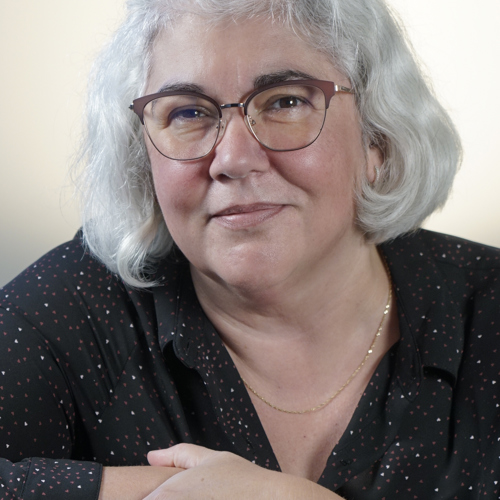APTS participates in hearings on CHSLD deaths during the first wave of the pandemic
November 8, 2021

Montréal – The APTS (Alliance du personnel professionnel et technique de la santé et des services sociaux) took part today in coroner Géhane Kamel’s inquiry on deaths in certain CHSLDs during the first wave of the COVID-19 pandemic. At the hearing, APTS representatives described specific characteristics of the work performed by APTS members and explained what these employees had learned from the experience of working with seniors in the early months of the pandemic. To draw lessons from the tragedy and make sure that such intolerable events can never happen again, the APTS provided the coroner with ten recommendations focusing on prevention, distribution of staff, communications, and psychological support.
Residents deprived of essential services
A lack of professionals and technicians, and cuts in regular services during the first wave of the pandemic as those employees were withdrawn from their daily activities and chaotically reassigned without clear indications or instructions, contributed to the catastrophe that decimated our elders in residential facilities. The impact on APTS members was devastating. They strongly criticized the absence of information on the ground, misuse of their skills and expertise, and a lack of training to assist them in taking on unfamiliar roles.
“Since the beginning of the hearings, the witnesses we’ve heard have made it more and more obvious that residents suffered from dehydration, hunger, isolation and deconditioning,” says APTS vice-president Josée Fréchette. “The coroner also heard from experts who confirmed that rehabilitation care, nutrition services, and psychosocial follow-up are essential services that must be funded for CHSLD residents. When technicians and professionals were reassigned to other tasks, residents were deprived of crucially needed care. This played a part in causing their health to deteriorate and amplifying the effects of the pandemic in CHSLDs.”
The specific and crucial contribution of professionals and technicians
The APTS is in favour of strong front-line services and the development of home support services. But there is still a need for CHSLDs: for many families, they provide the solution when a loved one needs care in the last part of their life. And while professionals and technicians are less numerous in CHSLDs than employees from other job classes, they have expertise in prevention and in establishing living environments, particularly during the end-of-life period. They can also help seniors maintain their capacities by avoiding deconditioning.
“Our government and institutions need to recognize the key role played by professionals and technicians, and make sure they’re performing functions in which their expertise can truly make a contribution,” continued Fréchette. “We’re in full agreement with Dr. Quoc Dinh Nguyen, who pointed out that old people experience cognitive and physical losses within 24 hours if they don’t have occupational therapists, physiotherapists and other specialists to stimulate and mobilize them. Any future infection protocol will have to take that into account if we want it to be effective.”
Employees’ mental health in jeopardy
APTS members who had volunteered to help out in seniors’ residences faced problems on a scale that no one expected and were given almost no instructions or advice on how to answer residents’ overwhelming needs. With so little information available, how could they know if they were performing their tasks correctly? Might they not actually be making the person’s condition worse? Some employees ended each work day fearing they might have done more harm than good. For anyone who cares about their work, this is an unbearable feeling, with devastating psychological effects in the short, medium and long term.
“Our members worked in chaotic situations that prevented any kind of appropriate work organization,” added Fréchette. “Given the nature of their work, they’re used to treating people well and showing kindness as a basic way of communicating and conveying their expertise. That was completely impossible during the first wave, and severe distress was the result. We hope our recommendations will help everyone work together to improve our health and social services system. That way, we can hope to avoid the worst if we have to face another public health crisis.”
Concrete recommendations for the future
The APTS recommendations focus on two areas: prevention at every level, and maintaining the quality of services provided in all residential facilities for seniors, including CHSLDs, private residences and intermediate resources.
Recommendations include proximity management as well as better integration, supervision, and support for reassigned employees. The APTS emphasizes the need to recognize the expertise of professionals and technicians and their contribution to care and services for seniors in residential facilities.
The APTS
The APTS (Alliance du personnel professionnel et technique de la santé et des services sociaux) represents a total of 60,000 members who play a key role in ensuring that health and social services institutions run smoothly. Our members provide a wide range of services for the population as a whole, including diagnostic, rehabilitation, nutrition, psychosocial intervention, clinical support, and prevention services, and they help shape living environments in facilities such as CHSLDs.

